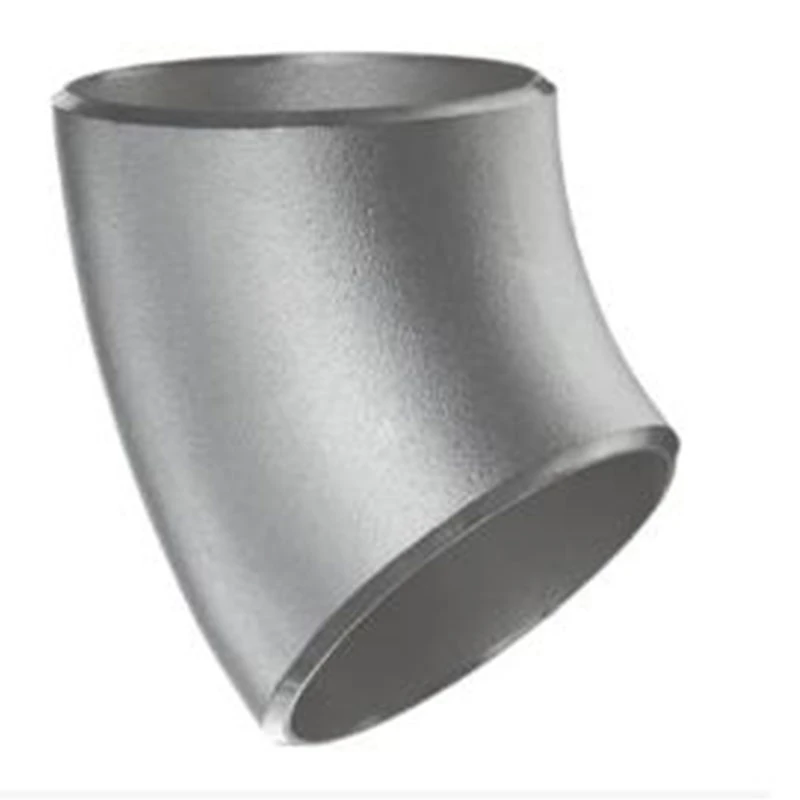-
Cangzhou Yulong Steel Co., Ltd.
-
Phone:
+86 13303177267 -
Email:
admin@ylsteelfittings.com
- English
- Arabic
- Italian
- Spanish
- Portuguese
- German
- kazakh
- Persian
- Greek
- French
- Russian
- Polish
- Thai
- Indonesian
- Vietnamese
- Zulu
- Korean
- Uzbek
- Hindi
- Serbian
- Malay
- Ukrainian
- Gujarati
- Haitian Creole
- hausa
- hawaiian
- Hebrew
- Miao
- Hungarian
- Icelandic
- igbo
- irish
- Japanese
- Javanese
- Kannada
- Khmer
- Rwandese
- Afrikaans
- Albanian
- Amharic
- Armenian
- Azerbaijani
- Basque
- Belarusian
- Bengali
- Bosnian
- Bulgarian
- Catalan
- Cebuano
- China
- China (Taiwan)
- Corsican
- Croatian
- Czech
- Danish
- Esperanto
- Estonian
- Finnish
- Frisian
- Galician
- Georgian
- Kurdish
- Kyrgyz
- Lao
- Latin
- Latvian
- Lithuanian
- Luxembourgish
- Macedonian
- Malgashi
- Malayalam
- Maltese
- Maori
- Marathi
- Mongolian
- Myanmar
- Nepali
- Norwegian
- Norwegian
- Occitan
- Pashto
- Dutch
- Punjabi
- Romanian
- Samoan
- Scottish Gaelic
- Sesotho
- Shona
- Sindhi
- Sinhala
- Slovak
- Slovenian
- Somali
- Sundanese
- Swahili
- Swedish
- Tagalog
- Tajik
- Tamil
- Tatar
- Telugu
- Turkish
- Turkmen
- Urdu
- Uighur
- Welsh
- Bantu
- Yiddish
- Yoruba

Nov . 19, 2024 22:24 Back to list
ansi b16 5 class 300
Understanding ANSI B16.5 Class 300 Flanges A Comprehensive Overview
Flanges are integral components in piping systems, providing a reliable means of joining two sections of pipe, valves, or other equipment. One of the most widely used standards for flanges in various industries is ANSI B16.5, which governs the design, dimensions, materials, and testing methods for flanges. Among these, Class 300 flanges play a vital role in applications that require robust pressure retention and durability. This article delves into the specifics of ANSI B16.5 Class 300 flanges, including their specifications, applications, and benefits.
Specifications of ANSI B16.5 Class 300 Flanges
ANSI B16.5 Class 300 flanges are designed to handle a nominal pressure rating of 300 pounds per square inch (psi) at ambient temperature, with the pressure rating varying at different temperatures. These flanges are typically available in sizes ranging from 1/2 inch to 24 inches in nominal diameter. The flanges can be fabricated from various materials, with carbon steel and stainless steel being the most common due to their excellent strength and corrosion resistance.
The standard outlines the dimensional specifications, including the thickness of the flange, the bolt hole size, and the overall diameter. Class 300 flanges exhibit a unique face type, typically either raised face (RF) or flat face (FF), which helps in creating a tight seal when mated with other flanged components. The flange design also includes provisions for bolting patterns, ensuring compatibility with standard bolts and nuts, which simplifies the assembly process.
Applications of Class 300 Flanges
Class 300 flanges are widely used in several industries, including oil and gas, chemical processing, water treatment, and power generation. Their ability to withstand high pressures makes them an ideal choice for applications such as
1. Oil and Gas Pipelines The exploration and transportation of oil and gas products require robust and reliable flanges to withstand varying pressures and temperatures.
2. Chemical Processing Plants Class 300 flanges facilitate the safe and efficient transfer of chemicals, ensuring that the pressure levels are maintained without leaks.
3. Water and Wastewater Treatment Flanges in Class 300 are integral to systems designed for managing water distribution and wastewater treatment, offering reliability against pressures typically encountered in these processes.
ansi b16 5 class 300

4. Power Generation In power plants, Class 300 flanges are used in both steam and water lines, essential for maintaining operation safety and efficiency.
Benefits of Using ANSI B16
.5 Class 300 FlangesThe use of ANSI B16.5 Class 300 flanges presents several advantages
- High Performance With their robust pressure rating, Class 300 flanges are built to perform under demanding conditions, making them suitable for challenging environments.
- Versatility These flanges are compatible with a diverse range of materials and dimensions, allowing flexibility in design and application.
- Ease of Installation Standardized dimensions and bolting patterns simplify the installation process, reducing the time and labor involved.
- Leak Prevention The design features of Class 300 flanges contribute to tight seals, minimizing the risk of leaks and enhancing safety in operations.
- Durability Flanges made according to ANSI B16.5 specifications are craftily engineered to resist wear, corrosion, and other environmental factors, resulting in long-lasting performance.
Conclusion
ANSI B16.5 Class 300 flanges are a cornerstone of manufacturing and industrial operations that rely on high-pressure piping systems. Understanding their specifications, applications, and benefits not only aids engineers and procurement specialists in selecting the right components but also emphasizes the critical role flanges play in ensuring the safety and efficiency of various processes. As industries continue to evolve, the reliance on standardization in flange design remains as crucial as ever, underpinning the integrity of countless systems across the globe.
Latest news
-
ANSI 150P SS304 SO FLANGE
NewsFeb.14,2025
-
ASTM A333GR6 STEEL PIPE
NewsJan.20,2025
-
ANSI B16.5 WELDING NECK FLANGE
NewsJan.15,2026
-
ANSI B16.5 SLIP-ON FLANGE
NewsApr.19,2024
-
SABS 1123 FLANGE
NewsJan.15,2025
-
DIN86044 PLATE FLANGE
NewsApr.19,2024
-
DIN2527 BLIND FLANGE
NewsApr.12,2024
-
JIS B2311 Butt-Welding Fittings LR/SR 45°/90° /180°Seamless/Weld
NewsApr.23,2024











